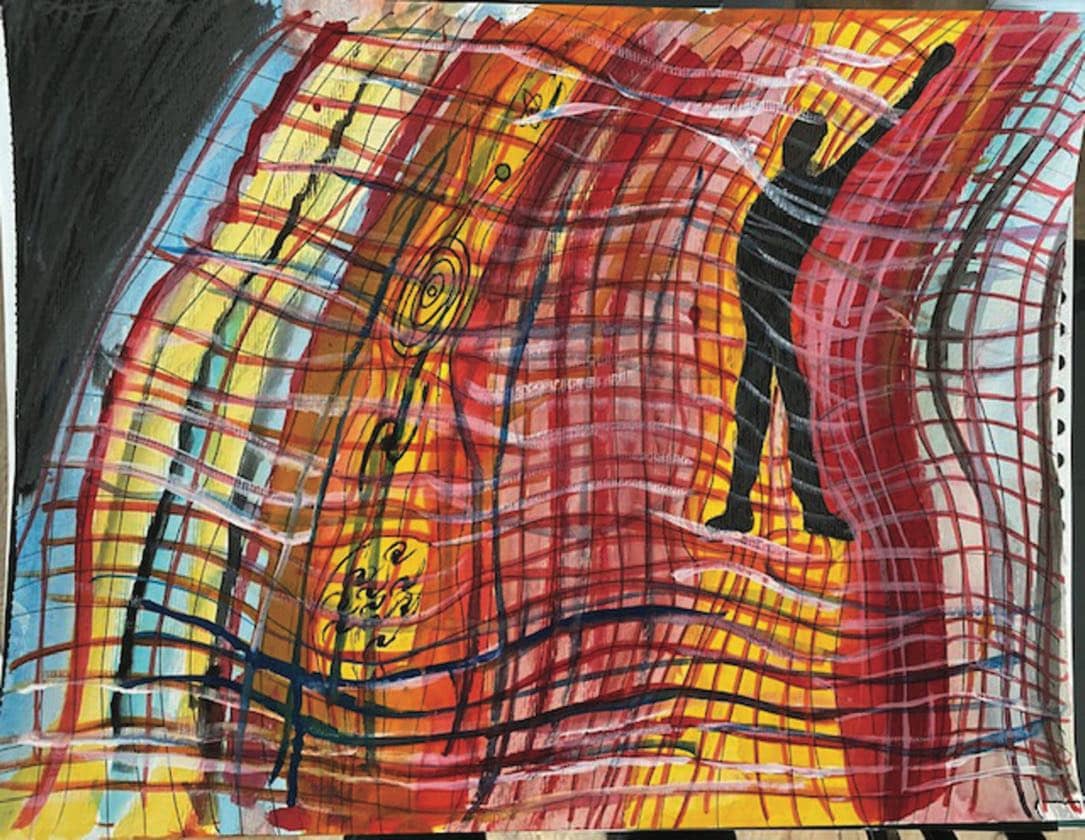
Admittedly, the idea of time travel has always given me a smirk. I suppose that is because to me it has always sounded like a fantasy that could never be actualized. Hence, entertaining the idea of its possibility felt like a waste of time. Nonetheless, as I encounter this concept more and more often these days, especially as a part of intellectual conversations and philosophical speculations, I must admit that somehow time travel keeps me wondering. My momentary contemplations, however, do not necessarily focus on whether it is practically possible to travel to a certain point in the past or in the future. Rather, they help me deep dive into the nature of time itself.
Defining time may, at first, seem quite straightforward. After all, we are all familiar with the idea of time in the sense of duration and its measurement. However, what time is in its essence is a much more difficult question, with a long history of philosophical disputes and still no agreed definition.
Our most common intuition tells us that time is a passing phenomenon. What this entails is that space (or the physical universe) is in a fixed or static position and time, like a film running through an old projector if you will, comes and passes through the universe. As time comes, it brings all the changes with it. In other words, the universe changes through time.
この記事は Philosophy Now の December 2021 / January 2022 版に掲載されています。
7 日間の Magzter GOLD 無料トライアルを開始して、何千もの厳選されたプレミアム ストーリー、9,000 以上の雑誌や新聞にアクセスしてください。
すでに購読者です ? サインイン
この記事は Philosophy Now の December 2021 / January 2022 版に掲載されています。
7 日間の Magzter GOLD 無料トライアルを開始して、何千もの厳選されたプレミアム ストーリー、9,000 以上の雑誌や新聞にアクセスしてください。
すでに購読者です? サインイン

Metaphors & Creativity
Ignacio Gonzalez-Martinez has a flash of inspiration about the role metaphors play in creative thought.

Medieval Islam & the Nature of God
Musa Mumtaz meditates on two maverick medieval Muslim metaphysicians.

Robert Stern
talks with AmirAli Maleki about philosophy in general, and Kant and Hegel in particular.

Volney (1757-1820)
John P. Irish travels the path of a revolutionary mind.

IT'S A WONDERFUL LIFE
Becky Lee Meadows considers questions of guilt, innocence, and despair in this classic Christmas movie.

"I refute it thus"
Raymond Tallis kicks immaterialism into touch.

Cave Girl Principles
Larry Chan takes us back to the dawn of thought.

A God of Limited Power
Philip Goff grasps hold of the problem of evil and comes up with a novel solution.

A Critique of Pure Atheism
Andrew Likoudis questions the basis of some popular atheist arguments.

Exploring Atheism
Amrit Pathak gives us a run-down of the foundations of modern atheism.